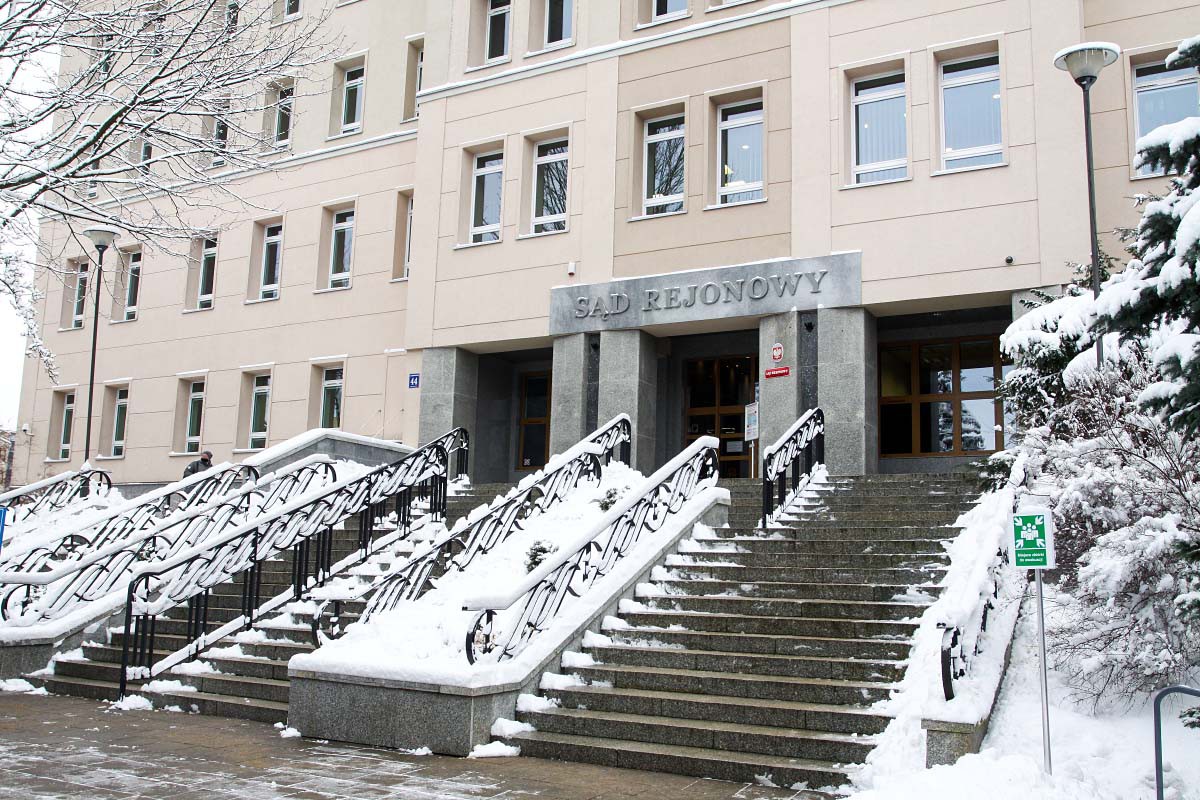
ATLANTA— Delta Air Lines (DL) is reportedly planning a major return to Hong Kong (HKG) with new nonstop flights from Los Angeles International Airport (LAX), marking its first service to the city in over eight years.
Although not officially announced, strong industry sources suggest Delta’s reentry into the trans-Pacific corridor could soon be confirmed, making LAX–HKG a competitive long-haul route once again, flagged JonNYC.
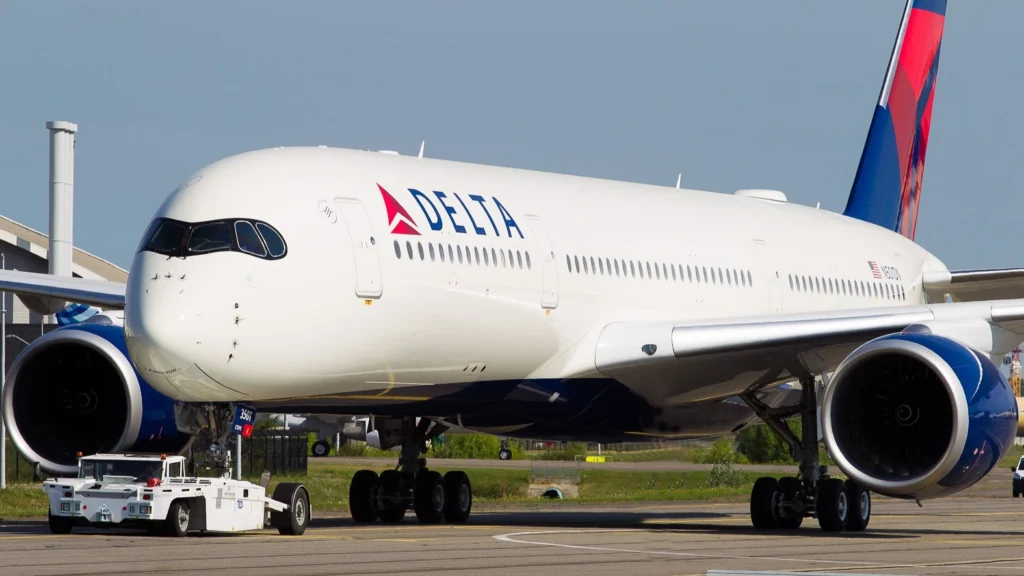 Photo: Clément Alloing
Photo: Clément AlloingDelta Plans Hong Kong Flight from Los Angeles
Delta Air Lines (DL), which exited the Hong Kong (HKG) market in 2018, is preparing to reintroduce direct flights between Los Angeles (LAX) and Hong Kong.
The 7,260-mile (11,684 KM) route is expected to be operated by the Airbus A350-900, though details on frequencies and launch timelines are yet to be released.
confirmed, DL LAX-HKG
— JonNYC (@xjonnyc.bsky.social) 2025-07-12T12:54:19.300Z
This decision reflects a shift in strategy for Delta, which had previously rerouted much of its Asia-bound traffic through Seoul Incheon (ICN) via its trans-Pacific joint venture with Korean Air (KE).
Delta’s last Hong Kong route originated from Seattle (SEA), where it had developed a growing trans-Pacific hub. However, this upcoming relaunch from Los Angeles—rather than Seattle—is unexpected, given Delta’s limited Asian footprint out of LAX.
Besides flights to Tokyo Haneda (HND) and Shanghai Pudong (PVG), Delta’s LAX long-haul network has traditionally focused more on the South Pacific.
Competitive Market Dynamics on the LAX–HKG Route
Los Angeles to Hong Kong is already a highly saturated market. United Airlines (UA) operates two daily flights, while Cathay Pacific (CX) runs three daily services between the cities.
American Airlines (AA) previously attempted service on this route but discontinued it due to underperformance and poor timing, even before the pandemic.
Delta reentering this market raises questions. Unlike United or Cathay Pacific, Delta lacks a strong Asian connecting network from Hong Kong, OMAAT reported.
Additionally, Delta’s past attempts at Hong Kong service from Detroit (DTW), Seattle (SEA), and even Los Angeles (LAX) have not been commercially viable.
Cathay Pacific’s deep regional connectivity and oneworld partnerships give it an advantage in feeding traffic beyond Hong Kong. Meanwhile, Delta is more dependent on its own network and lacks partner-based connectivity from HKG, reducing its appeal to premium and connecting travelers.
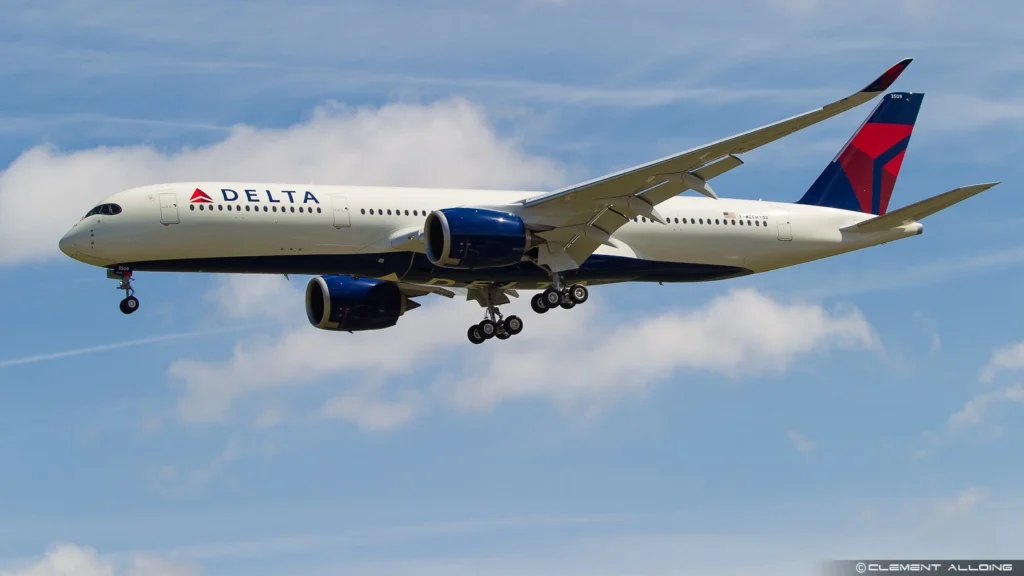 Photo: Clément Alloing
Photo: Clément AlloingStrategic Shift from Seattle to Los Angeles
Delta’s choice to prioritize Los Angeles over Seattle for its Hong Kong revival hints at a broader reevaluation of its trans-Pacific approach.
Despite having a larger operational base in Seattle, Delta appears to be leveraging its extensive domestic network in Los Angeles, where it operates over 150 peak daily departures.
There is also speculation that this move could allow Delta to better utilize its A350-900 fleet.
The A350 is capable of covering the LAX–HKG route efficiently, and future deliveries of the A350-1000 could further support long-range operations. However, deploying these aircraft to Hong Kong may come at the expense of other international routes.
Notably, the Airbus A330-900neo, another widebody in Delta’s fleet, is unlikely to serve this route due to range and weight limitations.
Risks and Uncertainties Ahead
The reintroduction of Hong Kong service comes at a time when the city has seen declining demand from U.S. premium travelers due to political changes and reduced civil liberties post-2019. Hong Kong’s role as a key financial and premium travel hub has diminished in the eyes of many U.S. carriers, prompting concerns about profitability.
For Delta, which has historically relied on its Seoul Incheon (ICN) hub for East Asian traffic, the success of nonstop LAX–HKG flights will depend heavily on cargo demand, local Los Angeles-originating traffic, and limited competition for economy travelers.
Whether this signals a long-term pivot from Seattle or simply a short-term test of transpacific expansion out of LAX remains to be seen.
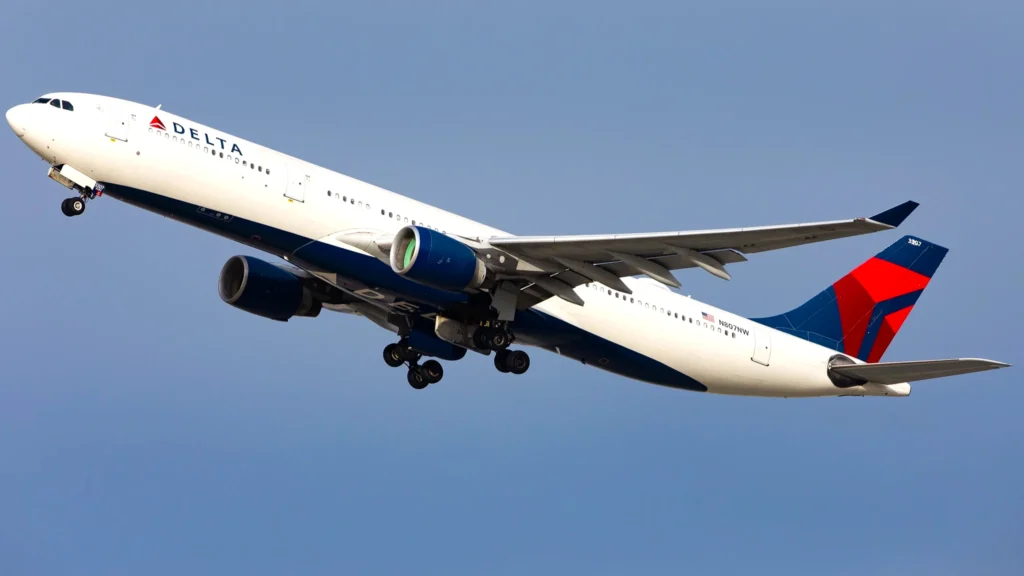 Photo: Clément Alloing
Photo: Clément AlloingFlights from Atlanta to the Middle East
Delta Air Lines (DL) is reportedly preparing to launch two new long-haul routes from its primary hub: Atlanta (ATL) to Tel Aviv (TLV) and Atlanta to Riyadh (RUH).
The Tel Aviv route will complement its existing New York JFK service, while the Riyadh route would be part of a strategic partnership with state-owned Riyadh Air.
If confirmed, this move would mark Delta’s (DL) debut in Saudi Arabia and expand its footprint in the Middle East, signaling a significant shift in its strategic approach following years of lobbying against Gulf carrier competition.
Delta’s expected entry into Saudi Arabia via Riyadh Air—an ambitious, government-funded carrier—represents a notable pivot for the U.S. airline.
Historically, Delta led a lobbying campaign from 2015 to 2019 opposing Gulf carriers like Emirates (EK), Etihad (EY), and Qatar Airways (QR), arguing their state subsidies created unfair competitive conditions.
Delta rallied fellow U.S. carriers American Airlines (AA) and United Airlines (UA) in its protectionist efforts. The airline’s position was clear: block access for subsidized Middle Eastern competitors in the name of fair competition.
These efforts, however, failed to gain lasting traction in Washington, despite high-level meetings including one with then-President Trump, ViewfromtheWing reported.
Since then, Delta’s peers have moved on. United inked a partnership with Emirates, and American deepened ties with Qatar Airways. Now, Delta appears to be reversing course, seeking a joint venture with Riyadh Air, one of the most prominent examples of a state-backed airline startup in recent history.
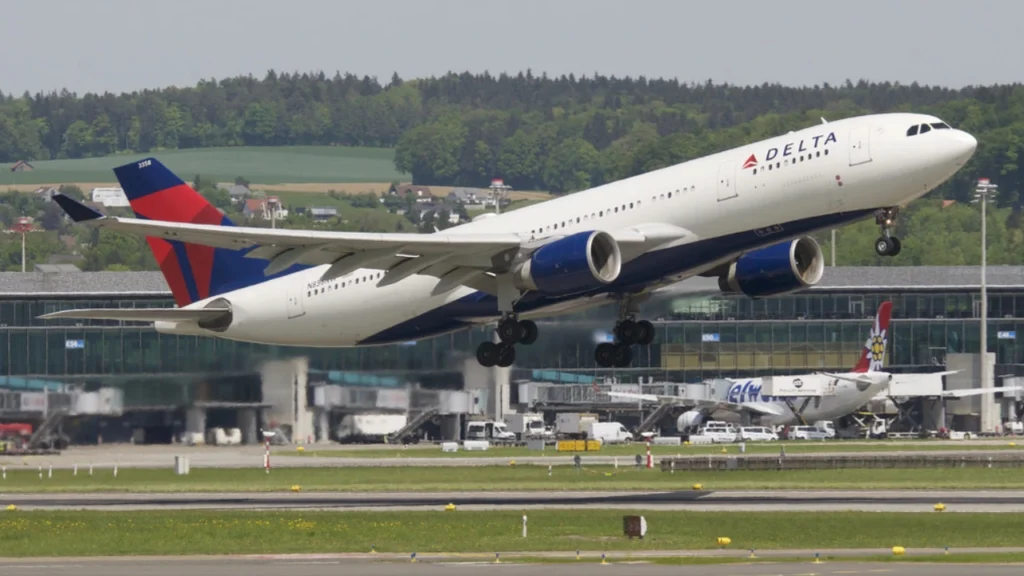 Photo: Aero Icarus | Flickr
Photo: Aero Icarus | FlickrHypocrisy and Policy Shifts
Critics have pointed out the apparent contradiction in Delta’s current posture. Once an outspoken opponent of government-subsidized carriers, the airline now seems ready to benefit from such an arrangement itself.
Observers note that Delta accepted nearly $10 billion in direct U.S. taxpayer support during the COVID-19 pandemic, only to subsequently downsize operations and face major reliability issues through 2021 and 2022.
This shift also challenges Delta’s previous public stance against cooperating with Saudi carriers. That position was taken partly in response to accusations of antisemitism when Gulf airlines were excluded from partnerships.
Now, the possibility of operating in both Israel and Saudi Arabia simultaneously suggests a pragmatic, profit-driven shift shaped by geopolitical changes.
Tel Aviv Route: A Strategic Add?
While Atlanta to Tel Aviv isn’t a high-volume nonstop market, it could become a valuable feeder route connecting through Delta’s extensive domestic network.
The route’s success will depend on developments in the Middle East, especially normalization efforts between Israel and Arab states.
If political stability improves—particularly between Israel and Saudi Arabia, perhaps even under a renewed Abraham Accords framework—demand could grow. A stabilized region could open opportunities for business, religious, and leisure travel across the Gulf and the Levant.
Geopolitical Context and Timing
Delta’s potential expansion comes at a moment of realignment in the Middle East. Iran’s waning proxy power in the region and internal fractures in its alliance network have shifted dynamics.
The October 7 Hamas attack, reportedly supported by Iran, backfired by derailing progress in Saudi-Israeli normalization.
But a rebound in diplomacy could revive those talks, making simultaneous service to Tel Aviv and Riyadh commercially and politically viable.
Riyadh Air, backed by Saudi Arabia’s Public Investment Fund, is part of Crown Prince Mohammed bin Salman’s Vision 2030 plan to diversify the economy and elevate the Kingdom’s global aviation profile.
Delta aligning with this launch positions it to benefit from future traffic flows into Saudi Arabia and beyond.
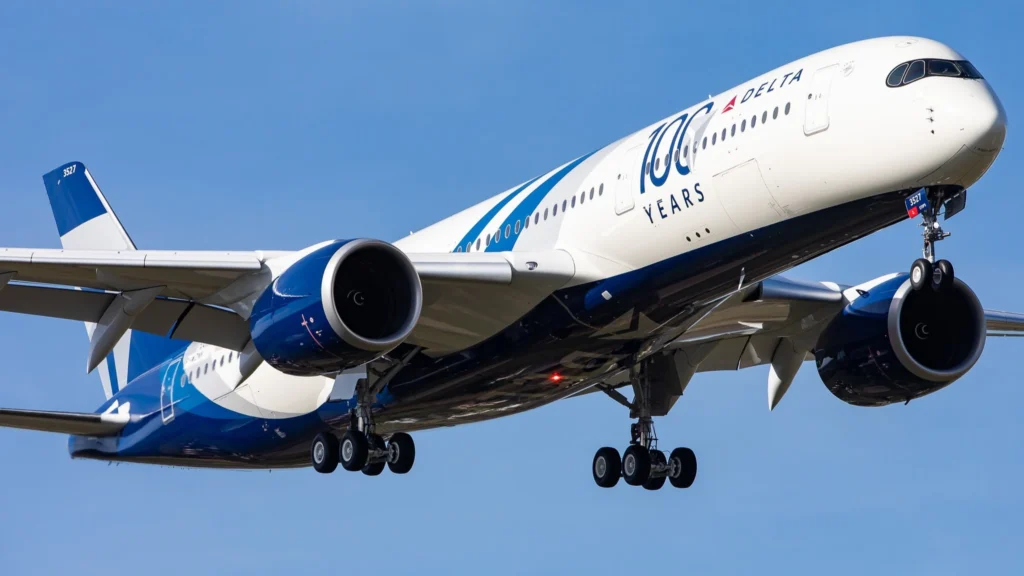 Delta Air Lines Airbus A50 with 100 Years Livery | Photo: Clément Alloing
Delta Air Lines Airbus A50 with 100 Years Livery | Photo: Clément AlloingPolitical and Cultural Implications
Delta’s renewed engagement in the region may soon face additional scrutiny. Labor groups and advocacy organizations are likely to monitor how the airline handles cultural and legal differences, particularly in Saudi Arabia.
Questions have already surfaced about how Delta will support staff—such as LGBTQ+ employees—operating in a country with strict social norms and legal codes.
Meanwhile, U.S. unions, including the Association of Flight Attendants (AFA), may challenge Delta’s labor record if rights and protections for crew flying into conservative jurisdictions are unclear. This move could thus have both commercial upside and public relations risk.
Stay tuned with us. Further, follow us on social media for the latest updates.
Join us on Telegram Group for the Latest Aviation Updates. Subsequently, follow us on Google News
Delta New Flight from Salt Lake City to this South American Destination
The post Delta Air Lines Plans 3 New Routes to these Asian Cities appeared first on Aviation A2Z.







